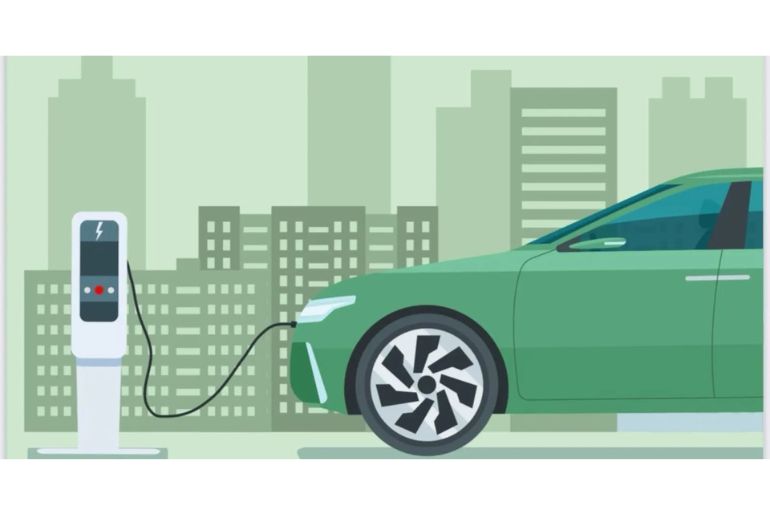NITI Aayog has released a detailed roadmap to fast-track electric vehicle (EV) adoption in India, focusing on mandates, financing mechanisms, and urban pilot programmes to help the country meet its 2030 clean mobility targets.
Shift from Incentives to Mandates
The government think tank has called for a national EV policy with time-bound targets and phased mandates for select segments, including buses, freight, and paratransit vehicles. The strategy moves beyond incentives towards stronger policy enforcement to drive wider adoption.
Financing for Commercial EVs
To ease high upfront costs, NITI Aayog has recommended the creation of blended finance facilities that would help operators of electric buses and trucks access affordable capital. This is expected to accelerate fleet electrification across major cities.
Urban Pilot Programmes
The blueprint also suggests 100% electrification pilot projects in five cities, covering buses, shared mobility, and freight vehicles. These pilots would serve as demonstration models that can be scaled nationwide.
Enablers and Infrastructure
Other recommendations include expanding charging infrastructure, reducing battery costs through R&D, strengthening local supply chains, and boosting public awareness about EV benefits. These measures aim to cut reliance on imported components and create a domestic EV ecosystem.
India’s EV Progress and Targets
EV sales in India reached 2.08 million units in 2024, accounting for 7.6% of total vehicle sales. While EV penetration has improved—rising from one-fifth of global levels in 2020 to over two-fifths in 2024—India must significantly accelerate adoption to meet its 30% EV sales target by 2030.
Strategic Rationale
The report “Unlocking a $200 Billion Opportunity: Electric Vehicles in India” highlights financing barriers, lack of charging infrastructure, and limited data systems as key challenges. It provides policy recommendations after consultations with stakeholders across seven dedicated sessions.
NITI Aayog emphasised that urgent and decisive action is needed to ensure India’s leadership in green mobility and to capture the economic opportunity presented by the global shift to electric vehicles.

